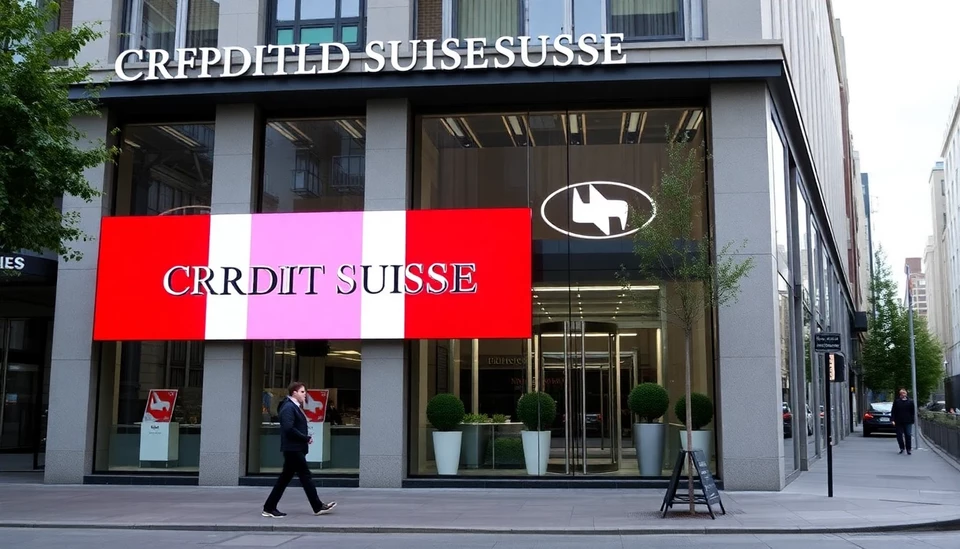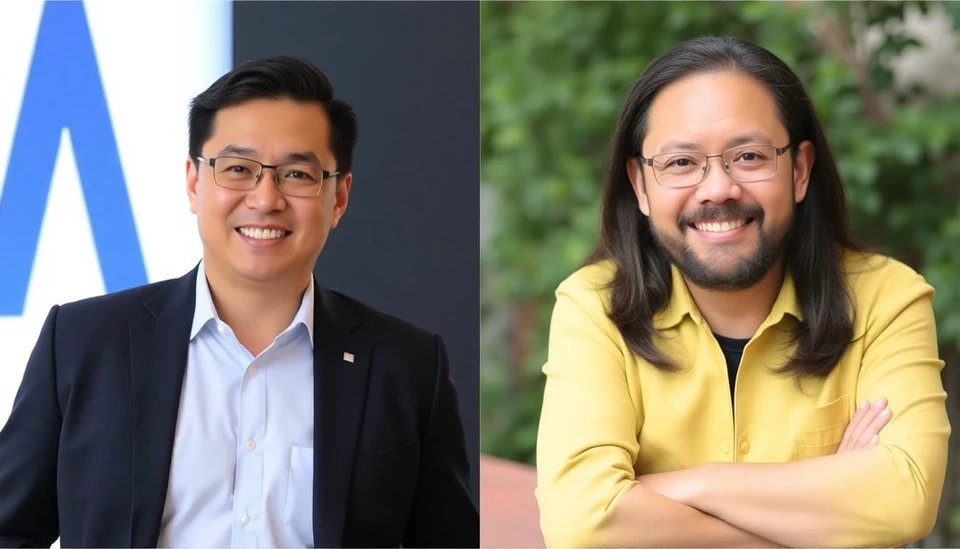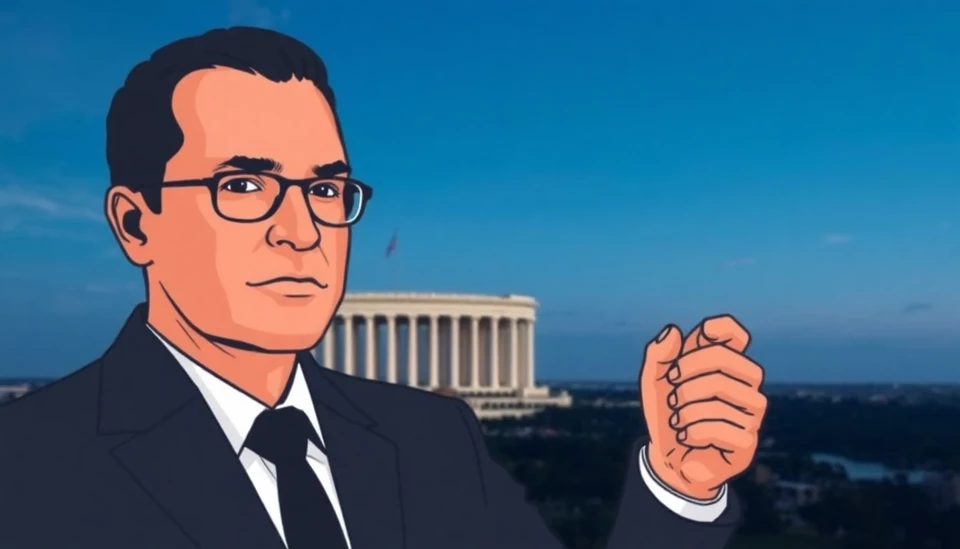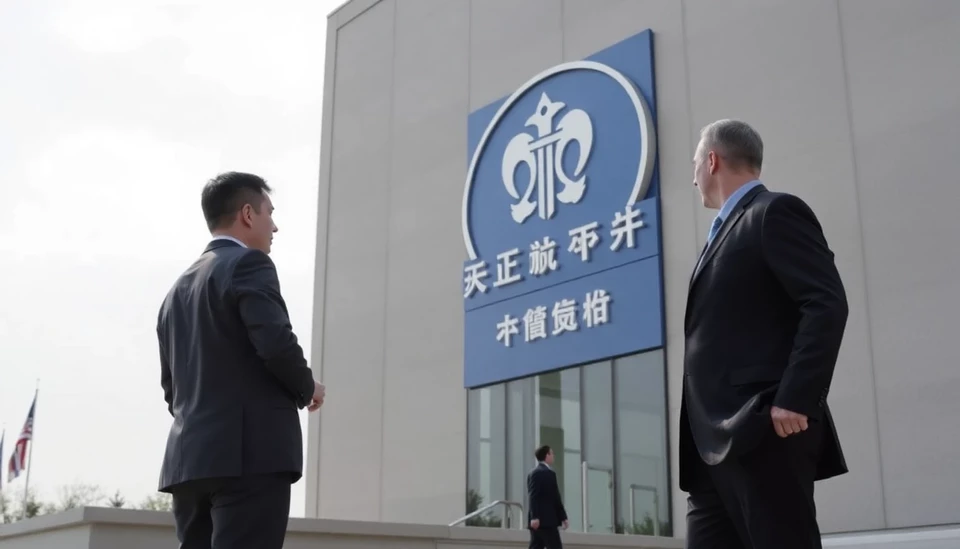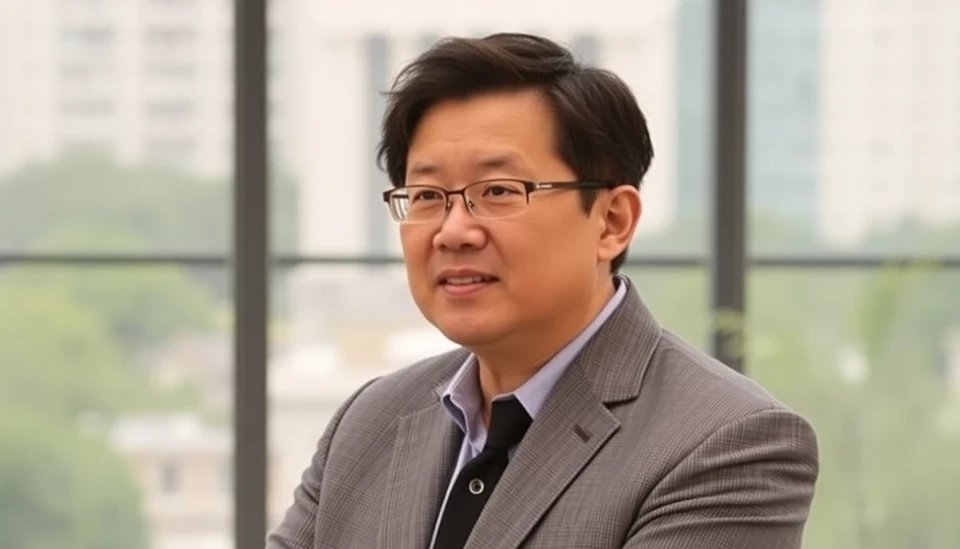
In a surprising turn of events, former UBS Vice Chairman, Michael O'Neil, has stepped into the spotlight, advocating for leniency in the ongoing legal matters surrounding Bill Hwang, the controversial founder of Archegos Capital Management. This development comes amidst ongoing scrutiny and litigation following the implosive collapse of Hwang's investment firm, which had devastating financial repercussions across Wall Street.
Hwang, once heralded as a visionary investor, witnessed his empire crumble in March 2021, resulting in a staggering $20 billion loss that sent shockwaves through the financial markets. The fallout not only affected Hwang’s personal fortune but also prompted significant liquidity crises for major banks, particularly those heavily invested in Archegos’s positions, such as Credit Suisse and Nomura. The magnitude of these losses triggered investigations and lawsuits, raising questions about risk management practices and regulatory oversight within the high-stakes world of hedge funds.
O'Neil's recent statements have spurred a conversation among industry experts and financial analysts about the nature of accountability in such complex financial environments. He argues that strict punitive measures against Hwang could be counterproductive, suggesting that the industry should instead focus on reforming practices to prevent similar occurrences in the future. O'Neil emphasizes the idea that Hwang's actions, while risky, did not stem from malicious intent but rather a sequence of aggressive investment strategies that spiraled out of control.
Critics of O'Neil’s stance, however, assert that leniency could set a dangerous precedent. They argue that accountability is essential in preventing reckless behavior among hedge fund managers who might exploit regulatory loopholes. The debate over leniency versus accountability is expected to amplify as more stakeholders weigh in, potentially influencing forthcoming regulatory revisions in hedge fund management practices.
As the legal proceedings progress, financial authorities are also tasked with addressing the broader implications of the Archegos debacle. This includes revisiting measures related to margin requirements and leverage limits that firms can use when engaging in complex derivative trades. In light of the catastrophic collapse of Archegos, there are growing calls for heightened transparency, requiring funds to disclose their risk exposure more clearly to banks and investors alike.
People within the financial community are keenly watching how Hwang’s case unfolds and whether it will lead to substantial regulatory changes that could shape the future of hedge fund operations. Additionally, the outcome may also influence how stakeholders perceive risk and accountability within investment practices, balancing between facilitating innovation and ensuring a stable financial landscape.
With opinions sharply divided, it remains to be seen whether O'Neil's call for leniency will gain traction or if the momentum will shift towards stricter accountability measures for Hwang and similar financial executives. The discussions surrounding this case highlight the precarious nature of high finance, where the line between visionary investing and reckless gambling can often blur.
As this narrative continues to evolve, the repercussions of Archegos's downfall will likely resonate throughout the financial sector for years to come.
#Archegos #BillHwang #MichaelONeil #HedgeFunds #FinancialRegulation #Accountability #WallStreet
Author: John Harris
